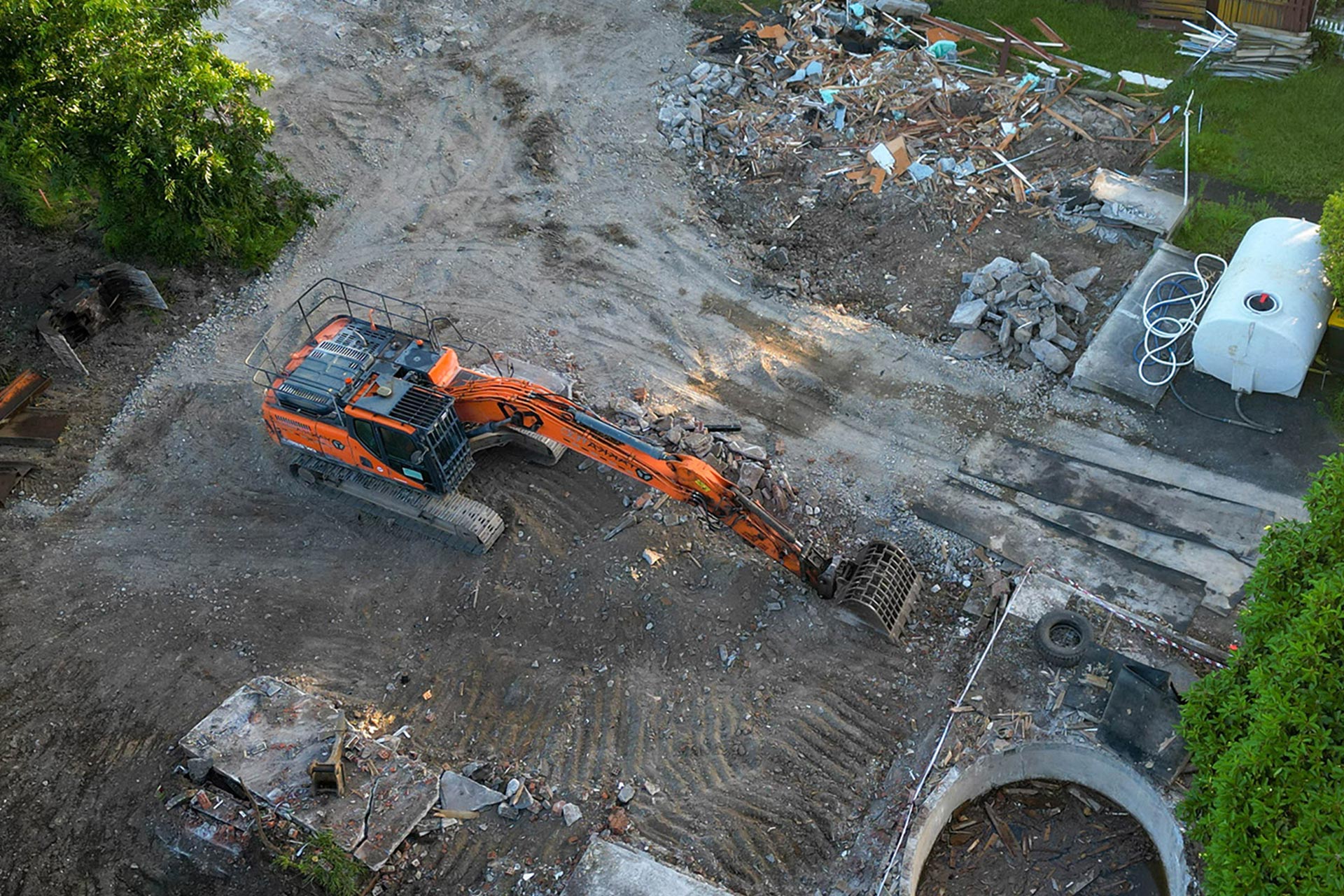A recent High Court decision highlights how summary judgment can swiftly determine disputes where one party cannot present an arguable defence. The case, Bank of India (New Zealand) Limited v Gupta (2025 NZHC 998), involved a multi-million-dollar debt claim tied to a mortgagee sale of Auckland properties.
The Case in Brief
The dispute began when the debtor defaulted on a loan secured by partially built townhouses in Takanini. The bank, as mortgagee, sold the properties and sought to recover the outstanding balance—over $2.16 million—from the guarantor. The guarantor alleged the bank had breached its statutory duty under section 176 of the Property Law Act 2007 to take reasonable care to obtain the best price reasonably obtainable when selling the properties.
Among other points, the guarantor claimed the bank acted hastily, marketed the townhouses inadequately, and failed to expose them to the market for a sufficient time. He argued that a more careful sale process would have repaid the debt in full.
Why the Court Granted Summary Judgment
The bank applied for summary judgment, seeking to avoid the delays of a full trial. To succeed, the bank had to prove there was no arguable defence.
In this case, the High Court accepted the bank’s evidence—backed by an experienced real estate agent—showing a five-week marketing campaign, multiple advertising platforms, and competitive auction conditions despite a challenging property market.
The guarantor’s evidence was found to be “insufficient to support these allegations” and largely inadmissible, containing opinion, irrelevant material, and hearsay. The court concluded that the bank had met its legal obligations and that the market price achieved reflected the realities of selling incomplete, vandalised properties in difficult economic conditions. As the judgment noted, “a property is only worth what the buyer is prepared to pay for it at the time of the sale”.
Implications for Dispute Resolution and Debt Recovery
This case illustrates the effectiveness of summary judgment in debt recovery and dispute resolution where a defence lacks credible evidence. It shows that well-prepared plaintiffs, supported by expert testimony, can secure early resolution—saving time and costs compared to full proceedings.
For lenders, the ruling reinforces the importance of thorough marketing and documentation when exercising mortgagee rights. For guarantors and borrowers, it underscores the need for substantive, admissible evidence if alleging a breach of statutory duty.
Who Is Affected?
- Lenders: Must demonstrate compliance with statutory duties to maximise sale prices.
- Borrowers and Guarantors: Should understand that unsubstantiated allegations are unlikely to succeed against well-documented sales processes.
- Property Investors: Need to be aware that distressed property sales often yield below-market prices, even when properly marketed.
Property Developers Take Note
Property developments often give rise to disputes over contracts, financing, and delivery, particularly when market conditions shift. Proactive legal representation from the outset can identify risks, ensure compliance, and put robust agreements in place—helping prevent costly conflicts and delays before they arise. If you’re undertaking a building or property development project and require legal guidance, we can provide an impartial assessment of your position and advise on the most suitable next steps for your circumstances.
Wynyard Wood provides strategic legal advice and representation in summary judgment proceedings, dispute resolution, debt recovery and construction law. If you face a high-value claim or need to enforce your rights, contact us for clear, effective guidance.
Related Articles:
Related Services:
When customer debts or receivables are not paid on time, it can cause serious financial issues for the business concerned. We can help.
Read More
Solving disputes for families and businesses: Disputes are an inevitable part of life – it is how you deal with them that counts.
Read More
If you are involved with a building project and need legal assistance, we can help you objectively review your circumstances, and what next steps are most appropriate for your situation.








